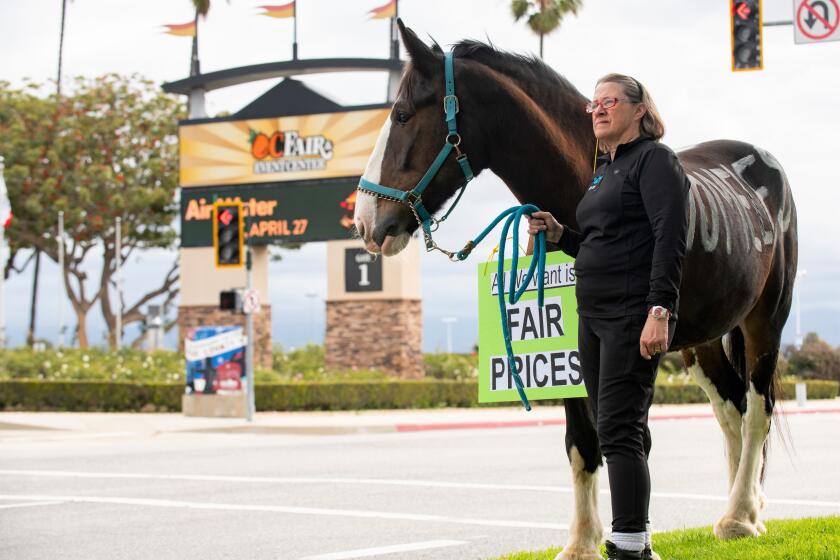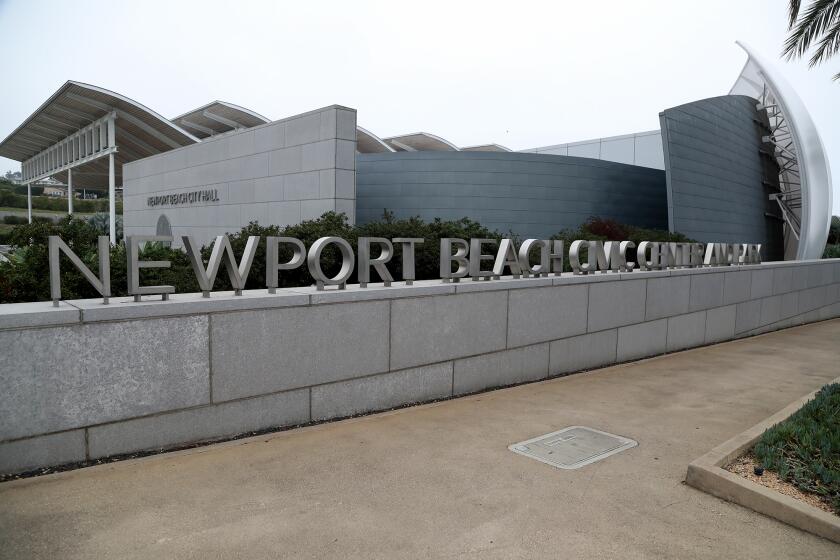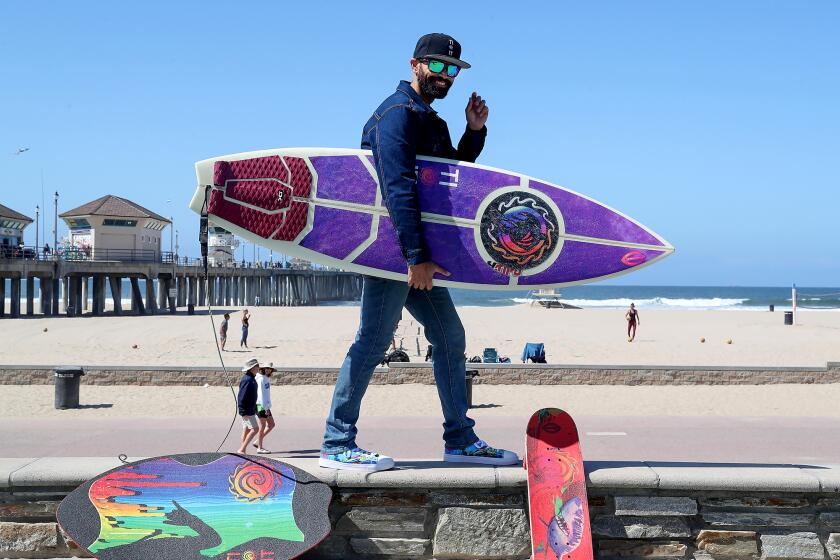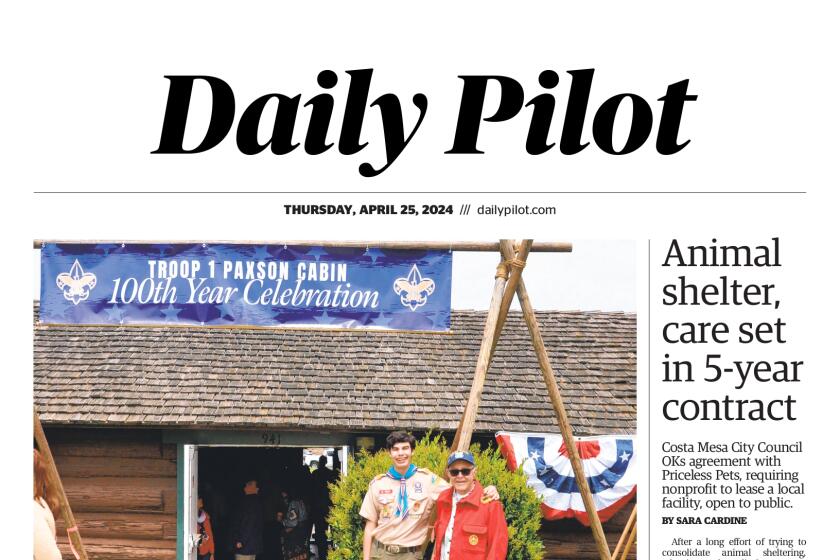Costa Mesa commission denies 3 permit applications from sober-living operator and delays another
A sober-living operator struck out at Costa Mesa City Hall on Monday night as the city Planning Commission denied three of its permit requests and delayed a decision on another.
With a series of unanimous votes, commissioners rejected applications for conditional use permits that RAW Recovery LLC sought to continue operating sober-living homes with up to 37 residents at 321 and 327 Cabrillo St. and with as many as eight residents at 329 Rochester St.
Such permits are required under a city ordinance adopted in 2015.
While they raised doubts about whether those facilities are compatible with the surrounding neighborhoods, commissioners said a major reason for their decisions is the city’s requirement that group homes, licensed alcohol and drug treatment facilities and sober-living homes — which typically house recovering alcoholics and drug addicts — be at least 650 feet from one another in residential areas.
An existing state-licensed treatment facility is well within that distance of the properties on Cabrillo and Rochester, according to city staff.
Though saying sober-living homes can be a vital resource for people battling addiction, Commissioner Isabell Kerins said she thinks there’s an been an over-proliferation of such facilities locally and that at the end of the day, “we just have to follow the rules.”
“It’s a very challenging situation that we’re dealing with because we want to serve all the residents of Costa Mesa,” she said.
The commission’s decisions Monday are final unless appealed to the City Council within seven days.
During the meeting, the operator and some sober-living residents praised the RAW facilities, saying they provide a crucial service and try to be good neighbors.
The mission of RAW, which stands for Recovery and Wellness, “is to reintegrate those struggling with addiction issues back into society, so our residents work, go to school, volunteer and participate in the community,” said David Alexander, the organization’s founder.
However, nearby residents and property owners painted a different picture. They said the facilities are overcrowded, lack sufficient parking and create problems with noise, crime, litter, secondhand cigarette smoke and other quality-of-life issues.
Opponents said Costa Mesa already has more than its fair share of sober-living homes and implored the commission not to allow any that violate the separation standard.
“I believe my neighborhood is heavily saturated with group homes, heavily saturated with businesses operating in a residential area,” Sandy Johnson, who lives near the RAW facilities, wrote in a letter to the commission. “I believe we have gone from ‘enough is enough’ to ‘stop this craziness.’”
Alexander said he understands the public’s concerns but that his facilities and residents have been the target of unfair criticism.
“It’s unbelievable to me the type of discrimination we face,” he said. “I don’t even want to bring my residents here [to City Hall]. ... It’s sad. It breaks my heart to hear this stuff.”
His remarks elicited groans from some in the audience.
Commissioners delayed ruling on a permit application for a RAW facility housing up to 10 people at 268 Knox St. after receiving conflicting information about whether the property complies with the buffer rule.
Originally, city staff said there were no similar facilities within 650 feet. However, several residents told the commission that other sober-living homes are nearby.
According to the state Department of Health Care Services website, licensed facilities operated by Safe Harbor Treatment Center for Women Inc. are at 236 and 240 Knox St. Both appear to be close enough to run afoul of the separation requirement.
Given that, commissioners decided to delay the item until their Feb. 26 meeting so staff can have more time to research the matter.
At the request of staff, commissioners also delayed considering a permit request for a Pacific Shores Recovery sober-living facility with up to 46 residents at 200, 202, 204 and 206 Cabrillo St. until a future meeting.
Twitter @LukeMMoney
All the latest on Orange County from Orange County.
Get our free TimesOC newsletter.
You may occasionally receive promotional content from the Daily Pilot.




